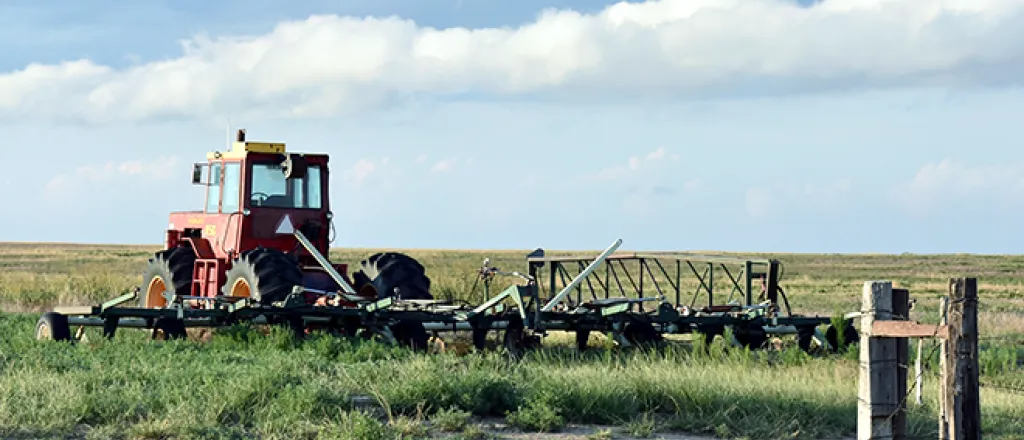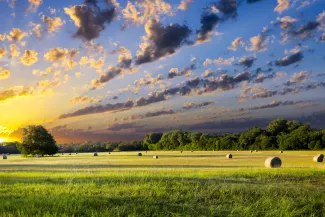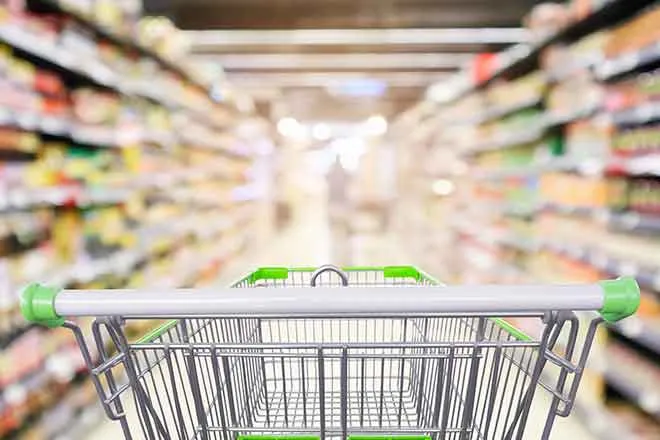
As smaller farms disappear, South Dakota organizers help with transition plans
Click play to listen to this article.
Rural-centric organizations remain worried about the loss of family farms and how it changes a town's identity, and they hope South Dakota farmers have more conversations about a transition plan.
Between 2012 and 2022, the number of South Dakota farms decreased by more than 3,600, while the average farm size increased. Ag economists said it underscores the growing presence of corporate-owned industrial-style farms.

© Dean_Fikar - iStock-503150251
Roy Kaufman, treasurer of the advocacy group Rural Revival, said even if bigger farms keep some economic activity flowing, it cannot replace the "community feel" often associated with small to mid-sized operations led by people woven into the town's fabric.
"Our churches are dwindling. Our schools are shrinking," Kaufman observed. "You know, the towns are dying."
He pointed out aging farmers, faced with unpredictable market forces these days, might be tempted to sell their land to the highest bidder, especially if they do not have younger generations in their family ready to take the reins.
Kaufman's group is working alongside Dakota Rural Action and the Land Stewardship Project to educate producers facing such situations. A series of winter transition classes will happen in Freeman from late January through mid-March.
Kaufman acknowledged discussing financial pressures out in the open is something farmers are often leery about, adding organizers are trying to foster a "no-pressure" environment. He hopes participants embrace the idea of making sure their operations end up in the hands of emerging farmers who want to be good stewards of the land.
"It's a big question," Kaufman stressed. "'This is our heritage. This is what we've invested our whole life in, and what are we gonna do with it? How is it gonna be used in the future?'"
He added they want to see South Dakota's farming towns propped by food production systems aligned with sustainable agriculture. As for the sessions, farmers already working on their own transition plans will speak to attendees. And professionals from the legal and financial fields, specializing in ag business, will be on hand.

















